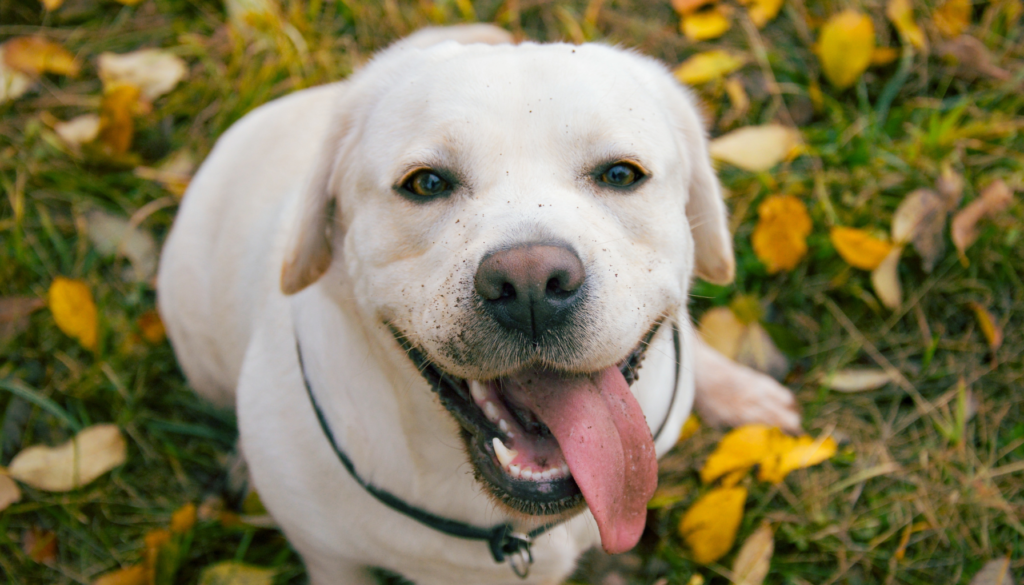Labrador Retrievers are one of the most beloved dog breeds in the world—and for good reason. They’re friendly, loyal, energetic, and excellent family companions. But like all dogs, Labs have specific needs that, when met, ensure a long, happy, and healthy life.
If you’re lucky enough to share your home with a Labrador, this guide will walk you through essential care tips to keep your pup thriving.
Understand the Labrador’s Personality
Before diving into care routines, it helps to understand the breed. Labradors are:
- Extremely social and people-oriented
- High-energy and playful
- Smart and eager to please
- Great with children and other pets
Because of their energy and intelligence, Labs need both physical activity and mental stimulation to stay balanced.
Daily Exercise Is Non-Negotiable
Labradors were originally bred as working dogs. They have a natural need to stay active and burn off energy.
Minimum daily activity:
- 1–2 hours of exercise per day
- Walks, runs, fetch, or swimming (Labs love water!)
- Mental stimulation with training or puzzle toys
Without enough activity, Labs can develop destructive habits like chewing furniture or digging holes.
Balanced Diet: Fueling an Active Dog
Labs love to eat. In fact, they’re prone to overeating and obesity if not carefully managed.
Tips for a healthy Labrador diet:
- Feed a high-quality kibble with real protein as the first ingredient
- Measure portions according to your dog’s weight and age
- Avoid table scraps and high-fat treats
- Use food puzzles to slow down eating and engage their brain
Watch out for: sudden weight gain, allergies, or sensitivities to certain ingredients. Your vet can help choose the best food for your specific dog.
Regular Vet Check-Ups
Labradors are generally healthy, but they are prone to certain genetic conditions, including:
- Hip and elbow dysplasia
- Eye issues like progressive retinal atrophy
- Obesity-related diseases (diabetes, arthritis)
Vet care essentials:
- Annual physical exams
- Vaccinations and parasite prevention
- Dental checkups and cleanings
- Blood work for older dogs
Catch problems early to avoid more serious health issues later on.
Keep Their Coat Clean and Healthy
Labradors have a double coat that sheds all year round—more heavily in the spring and fall.
Grooming tips:
- Brush 2–3 times a week to reduce shedding
- Use a deshedding tool during peak shedding seasons
- Bathe once every 1–2 months (or as needed if they love mud!)
- Clean ears weekly to prevent infections, especially if they swim a lot
Regular grooming also helps you spot issues like fleas, bumps, or skin irritations early.
Keep Their Teeth and Nails in Check
Dental care is often overlooked but is crucial for Labs.
- Brush their teeth 2–3 times per week
- Use vet-approved dog toothpaste
- Provide dental chews or bones that promote oral health
Also, trim their nails regularly to avoid cracking or discomfort. If you hear clicking on hard floors, it’s time for a trim.
Training and Socialization
Labs are incredibly smart and love to learn—but they can be a handful if not trained properly.
Training essentials:
- Start with basic commands: sit, stay, come, heel
- Use positive reinforcement (treats, praise, toys)
- Be consistent and patient—Labs are sensitive to tone and mood
- Socialize early with other dogs, people, and environments
Even as adults, Labs love to “work,” so teaching new tricks or tasks can keep their mind engaged.
Mental Stimulation: A Must for Smart Dogs
Bored Labs can get destructive. To keep their brain busy:
- Rotate puzzle toys weekly
- Hide treats around the house for a “scent game”
- Teach them names of toys or simple chores
- Introduce agility games or obstacle courses
A mentally engaged Labrador is a happy one.
Love, Attention, and Affection
Labs don’t just want to be around you—they need to. They thrive on attention and feel stressed when left alone for long periods.
Tips to strengthen your bond:
- Spend quality time every day, even if it’s just cuddling on the couch
- Include them in family activities like hiking or beach trips
- Give them a job or task to do—they love having a purpose
If you’re often away from home, consider a dog walker or pet sitter to avoid separation anxiety.
Senior Labrador Care
As Labs age, their needs change. Around 7–8 years old, you may notice:
- Slower movement
- Weight gain
- Joint stiffness
- Less endurance
Adapt accordingly:
- Lower calorie food
- Gentle, shorter walks
- Joint supplements (ask your vet)
- Orthopedic dog beds for comfort
Keep them moving, but don’t overdo it.
Final Thought: A Healthy Lab is a Happy Lab
Labradors are amazing companions, but they require commitment. Meeting their physical, emotional, and mental needs pays off with a loyal, loving, and joyful dog by your side.
A healthy Labrador isn’t just the result of good food and exercise—it’s the product of attention, training, affection, and consistency.
The love you give to your Lab will always come back tenfold. 🐾



